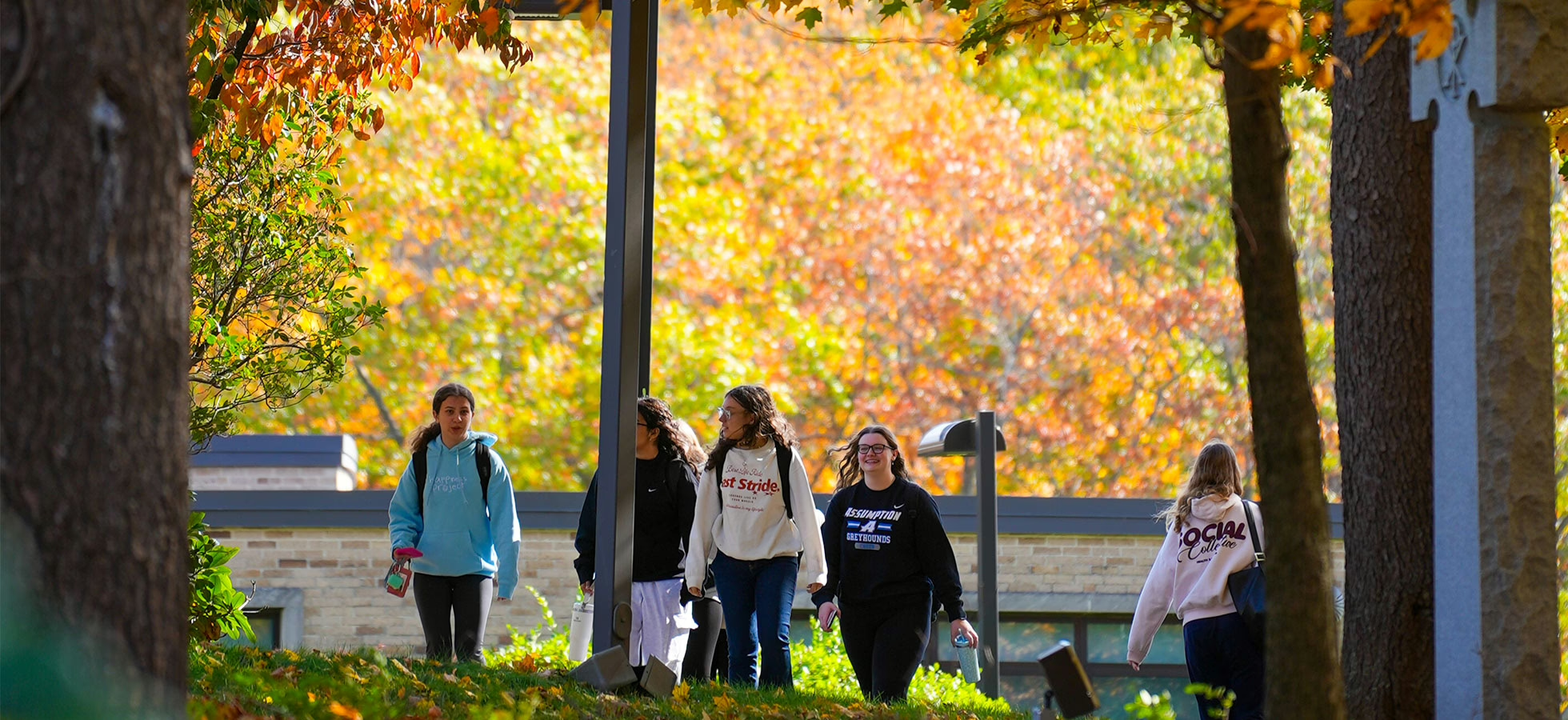Rehabilitation Counseling Program Awarded $3M in Major Grants

Assumption University’s Rehabilitation Counseling Program has been awarded three major grants from the Department of Education’s Rehabilitation Services Administration (RSA) totaling $3 million.
Two of the grants, called long term training grants, will provide funding for students to pursue a Master of Arts degree in rehabilitation counseling at Assumption through the University’s standard track or through an expanded program with an additional semester to prepare for licensure.
Scholarship awards typically exceed $25,000 per student and cover a majority of the program’s total tuition. In exchange, students agree to serve at public agencies and non-profit organizations, such as MassAbility, for a term corresponding with the amount of funding received. A typical two-year program would require the student to complete four years of work in the state-federal or otherwise qualified non-profit rehabilitation system after graduation.
“We’re so grateful to have received these grants,” says Nick Cioe, director of rehabilitation counseling. Cioe serves as the project director for two of the grants, and Ryan Paskins, associate professor of practice in rehabilitation counseling, serves as project director for the third.
“The rehab counseling program at Assumption is more than fifty-five years old, and with funding from previous RSA grants, we have already been able to provide more than $1.8 million in scholarship funding to help students enter this critical field. Hundreds of our graduates are currently serving in state vocational rehabilitation agencies across the country.”
For the first time, Assumption has also received a comprehensive system of personnel development (CSPD) grant. This third grant will empower those currently working in State Vocational Rehabilitation Organizations, who do not hold degrees in rehabilitation counseling, to expand their skillset through a Certificate of Advanced Graduate Study (CAGS) in Rehabilitation Counseling or a Certificate of Graduate Study (CGS) in Disability Fundamentals.
“There are many more holes in the rehab counseling field than we have qualified people to fill,” says Cioe. “We need to reskill and upskill people with similar degrees, like social work, who don’t have the fundamental, professional education around disability and employment.”
Assumption’s rehab counseling program is innovating by creating stackable credentials for professionals seeking this training. Students who complete the CAGS typically can sit for the national Certified Rehabilitation Counselor credential exam and those who pursue the CGS can apply the credits towards earning the Master of Arts degree in rehabilitation counseling.
Beyond strong employment opportunities, Cioe says many are entering the field to participate in gratifying, life-changing work. Assumption’s rehabilitation counseling program prepares students to address the needs of people with disabilities, providing those individuals with the assistance and opportunities they need to achieve employment, independent living, and active participation in their communities.
“This field is so much more expansive than people might think,” Cioe says. “We get to help people with intellectual and developmental disabilities, like Down syndrome and autism spectrum disorder, people who are deaf or hard of hearing, people with visual impairments. Whether you were born with a disability or acquired one — you think about people who have experienced a traumatic brain injury or maybe someone who’s right-handed and lost functioning in that arm from an accident. We’re here to help. At our core, rehabilitation counselors help people maximize their level of independence and experience a meaningful personal and professional life.”
While one of the grants is still under review by the Graduate Council, initial funding will begin being distributed as early as spring 2026 and is expected to continue through the Fall 2030 semester, preparing the next generation of rehabilitation counselors to make a difference in the field.
